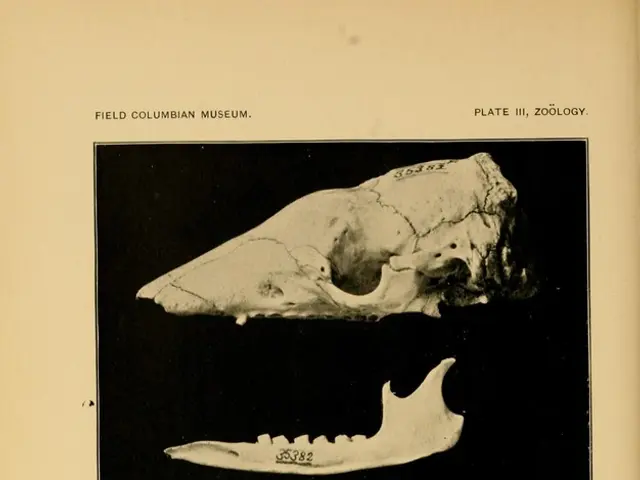DGS Advises Safety Precautions
Portugal Issues Yellow Alert for intense heat
Montreal, May 28— The Directorate-General for Health (DGS) in Portugal has issued health advisories for several districts under a yellow alert for extreme heat. The alert, issued by the Portuguese Institute for the Sea and Atmosphere (IPMA), cautions that maximum temperatures could reach above 35°C in certain regions from Wednesday to Thursday.
The specific districts under the yellow alert are Setúbal, Évora, Beja, and Lisbon, with Lisbon facing the alert only on May 29. The heat warning is valid from 9:00 AM on the respective days and continues until 6:00 PM.
To combat the rising temperatures, the DGS advises the population to stay hydrated by drinking water regularly and avoiding alcohol. It is also necessary to avoid sun exposure during peak hours between 11:00 AM and 5:00 PM.
The authority recommends wearing loose, protective clothing such as long-sleeved shirts, wide-brimmed hats, and sunglasses. Sunscreen with an SPF factor of at least 30 should be used and reapplied every two hours.
The National Emergency and Civil Protection Authority (ANEPC) warns about the increased risk of wildfires under the hot and dry conditions. People are advised to adapt their behavior accordingly.
Individuals with chronic health conditions, children, the elderly, and those with reduced mobility are especially at risk during the hot weather alert. The DGS suggests having cold, light meals, eating more frequently, working outdoors in groups, closing house blinds, allowing air circulation in the evening, and spending at least two to three hours a day in cool environments.
The IPMA had previously warned of a gradual temperature increase across continental Portugal, with an increased risk of wildfires. The maximum temperature in most parts of the country is expected to surpass 30°C starting from today, with coastal areas in the western region being an exception.
The high temperatures are due to a hot air mass originating from North Africa, causing the ultraviolet radiation index to remain at very high levels.
[1] Directorate-General for Health (DGS) advisory on high temperatures[2] National Emergency and Civil Protection Authority (ANEPC) warning on wildfires during heat alert
What is the advice from the Directorate-General for Health (DGS) regarding health-and-wellness in hot weather conditions? They recommend staying hydrated, avoiding sun exposure during peak hours, wearing protective clothing, using sunscreen, and taking additional precautions if you have chronic health conditions or are vulnerable to heat.
In relation to the previous text about the weather forecasting and heat alert in Portugal, what is the warning from the National Emergency and Civil Protection Authority (ANEPC) regarding weather conditions? They advise about the increased risk of wildfires under the hot and dry conditions, encouraging people to adapt their behavior accordingly.




